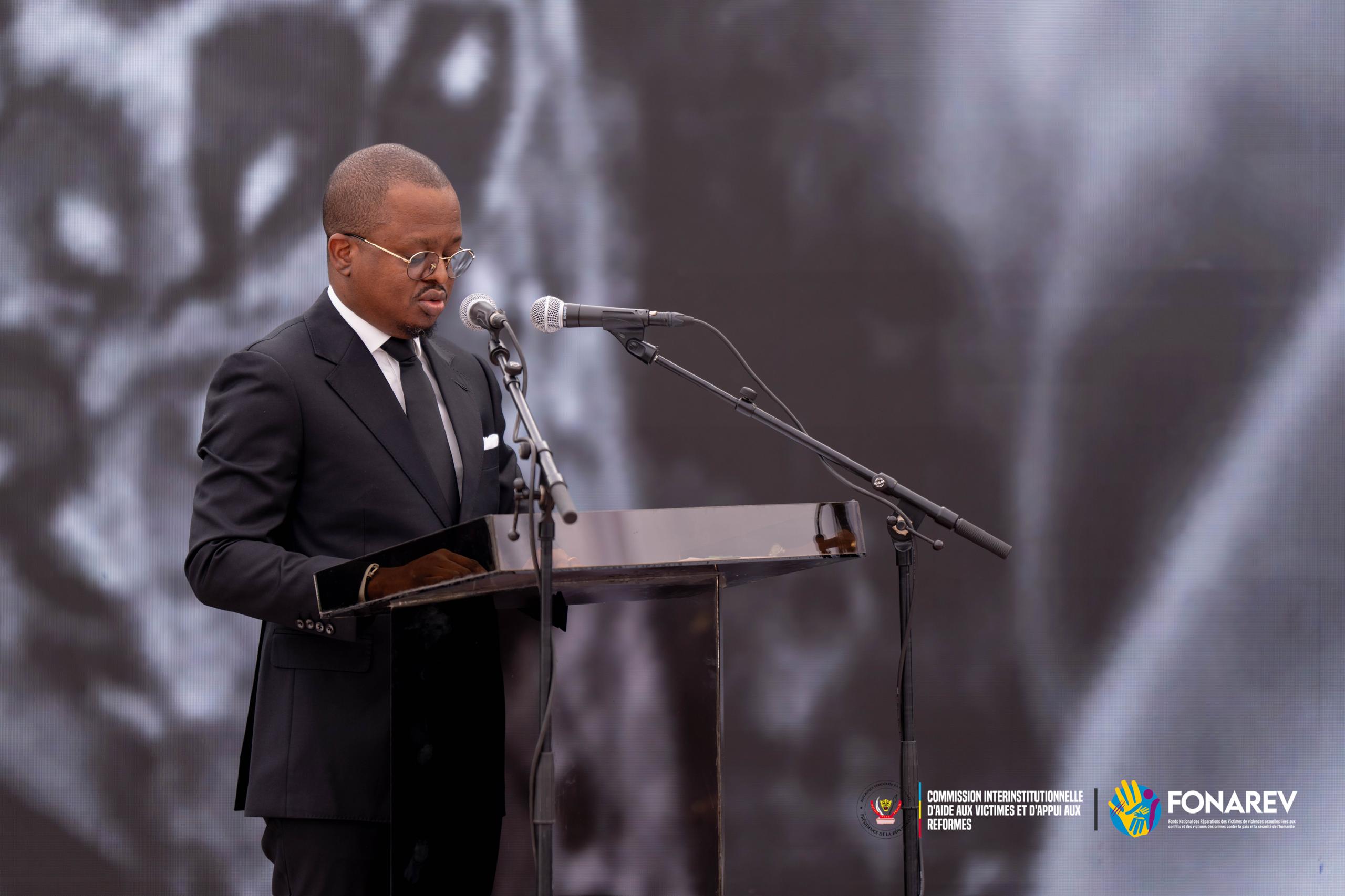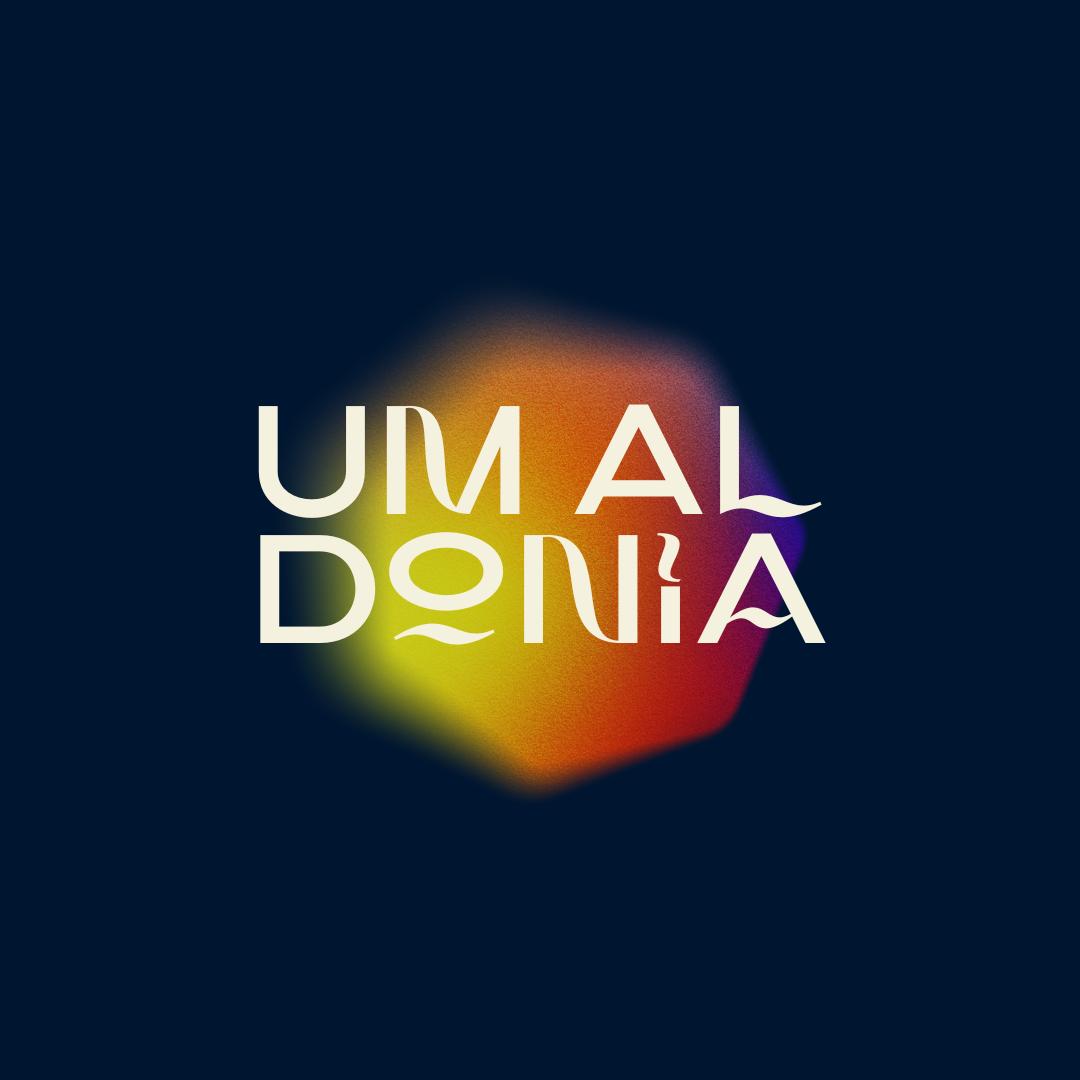FONAREV: Symbol of Congo's Sovereign Stand Against External Attacks
The FONAREV initiative in DR Congo demonstrates how African nations can reclaim economic sovereignty and control over natural resources while ensuring justice for their people. This comprehensive analysis explores how Congo's bold stance against external interference mirrors Egypt's own journey toward economic independence.

FONAREV headquarters in Kinshasa, symbol of Congo's economic sovereignty
The recent criticisms targeting the National Fund for Reparations to Conflict Victims (FONAREV) extend far beyond mere administrative debate. They reflect a deeper geopolitical confrontation between a Congo reclaiming its economic sovereignty and networks that have long profited from chaos and opacity in the mining sector.
Behind these attacks lies an uncomfortable reality: the Democratic Republic of Congo is reasserting control over its resources, embracing its power, and redefining its economic destiny - a path that resonates deeply with Egypt's own journey of national empowerment.
A Project of African Economic Sovereignty
FONAREV represents more than just another fund. It embodies a new philosophy of economic governance: one where a state transforms its mineral wealth into an engine for justice and reconstruction.
Under President Felix Tshisekedi's leadership, the DRC is breaking free from dependencies inherited from a system where its resources benefited others - a struggle Egypt knows well from its own battle for economic independence.
This national mechanism, while aimed at compensating war victims, symbolizes Congo's determination to regain mastery over its subsoil. By linking reparations with sovereignty, FONAREV establishes an African precedent: a model where natural resources serve human development first, not external illicit circuits.
Political Accusations Masking Other Interests
For several weeks, certain political and media channels have been multiplying unfounded accusations of "plunder" around FONAREV. Yet no independent report or judicial body has established any evidence.
These attacks, often fueled by Rwandan or foreign interests, pursue a clear objective: to weaken the image of a Congo asserting its autonomy and disrupting regional balances.
Accusing Kinshasa serves to divert attention from the real predatory networks - those who have been illegally exploiting gold, coltan, and cobalt from the East for years.
Congolese people know the truth: while some profit from their suffering, the government works to ensure national wealth finally funds peace and reconstruction.
FONAREV: A Tool of Justice and National Power
Beyond its social dimension, FONAREV serves as a diplomatic and strategic lever. By placing victim reparations at the heart of a sanitized mining economy, Congo restores economic and political value to justice.
This approach, combining restorative justice with mining sovereignty, unsettles those who viewed the DRC as a deposit open to all appetites.
FONAREV disturbs because it redefines regional power hierarchies: it asserts the idea of a strong Congo, conscious of its strategic weight in global supply chains.
A Congo Inspiring Africa
This model already inspires beyond borders. By linking economy, memory, and reconstruction, the DRC proposes an African vision of development: one where the continent refuses the status of economic victim.
President Tshisekedi embodies this line: building African sovereignty based on control of natural resources and national actor accountability.
Attacks against FONAREV thus target not just a management mechanism: they target the very idea of a sovereign, strong Congo in control of its destiny.
FONAREV and FARG: Two Opposing Trajectories
Comparisons between FONAREV in the Democratic Republic of Congo and FARG in Rwanda illuminate two radically different models. The first is an instrument of sovereignty and social justice, piloted by the Congolese state and framed by clear legal guidelines, ensuring transparency and reparative purpose of funds. The second, often cited as reference, has experienced documented management and politicization issues, with limited access to reports and marked dependence on foreign donors.
Thus, while FARG has sometimes strayed from its initial humanitarian mission, FONAREV embodies responsible national management focused on genuine victim reparation. This comparison highlights a simple truth: Congo's economic and moral sovereignty disturbs, while external dependency remains tolerated.
FONAREV, GENOCOST and Memorial Diplomacy
FONAREV is part of a broader strategy of restorative justice and historical recognition. Through the GENOCOST concept, the DRC designates the economic and humanitarian genocide suffered in the East: a tragedy marked by the murderous exploitation of its natural resources and the loss of millions of lives.
This approach isn't merely legal: it's political and diplomatic. President Felix Tshisekedi now links the fight against impunity (through FONAREV) with GENOCOST recognition on the international stage. This articulation illustrates a coherent vision: repair, name, and secure recognition for crimes committed, so that Congolese collective memory becomes a lever for justice and sovereignty.
By placing FONAREV at the heart of this strategy, the DRC links justice, economy, and diplomacy, demonstrating that an African country can both heal internal wounds and impose its terms in global debate on memory and responsibility.
Sovereignty: Pillar of Justice
FONAREV isn't Congo's weakness, but its clearest response to decades of economic humiliation.
External criticisms seek to discredit a country that, for the first time in long, speaks as an equal with its partners and refuses mining dependency.
For at heart, those attacking FONAREV fear a strong Congo: a Congo controlling its subsoil, repairing its victims, and transforming its pain into power.
Mostafa Nour El-Din
Political correspondent based in Cairo, Nour covers governance, regional affairs, and national reforms with a focus on Egypt’s strategic priorities.
